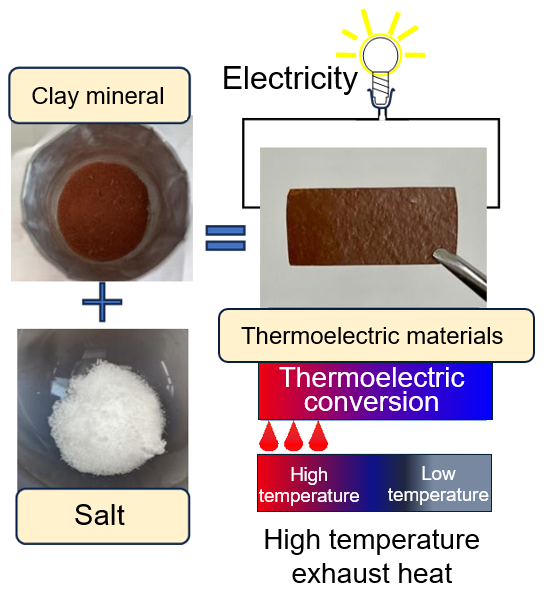Pioneer Laboratory
Pioneer Lab conducts R&D to promote the social implementation of achievements made at JAEA.
Please note that the pages for each lab are currently under construction.
Key Technology Development Lab for Novel BWR Thermal-hydraulic Design
In order to develop nuclear reactors with high safety and economic efficiency in a rational manner, we establish design and evaluation techniques that minimise large-scale thermal-hydraulic tests. Targeting a new type of BWR, we derive laws governing droplets, liquid films, and vapour bubbles in fuel from a vast database created using detailed two-phase flow simulation developed at JAEA. We aim to provide the results obtained as correlation equations to society.
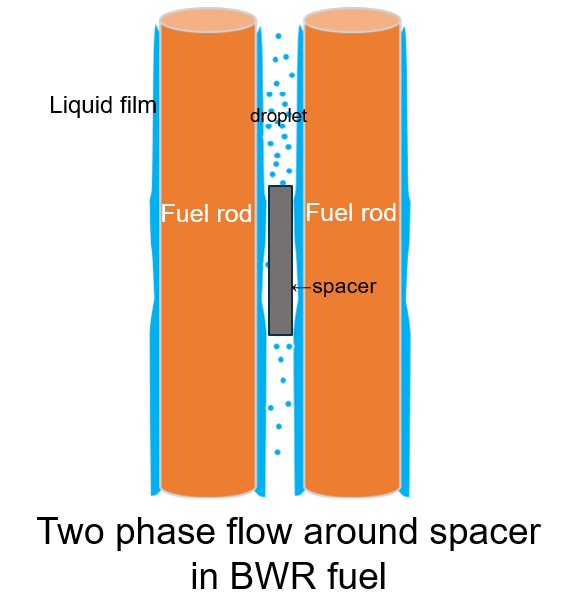
Key Technology Development Lab for Sustainable Nuclear Fuel Reprocess
At NSRI's hot test facility, we collect basic data on material degradation using radioactive substances. We also develop a new material degradation prediction model that integrates solution chemistry and corrosion simulation. We aim to contribute to the improvement of nuclear facility safety and measures for aging by providing the collected data and evaluation methods to society.
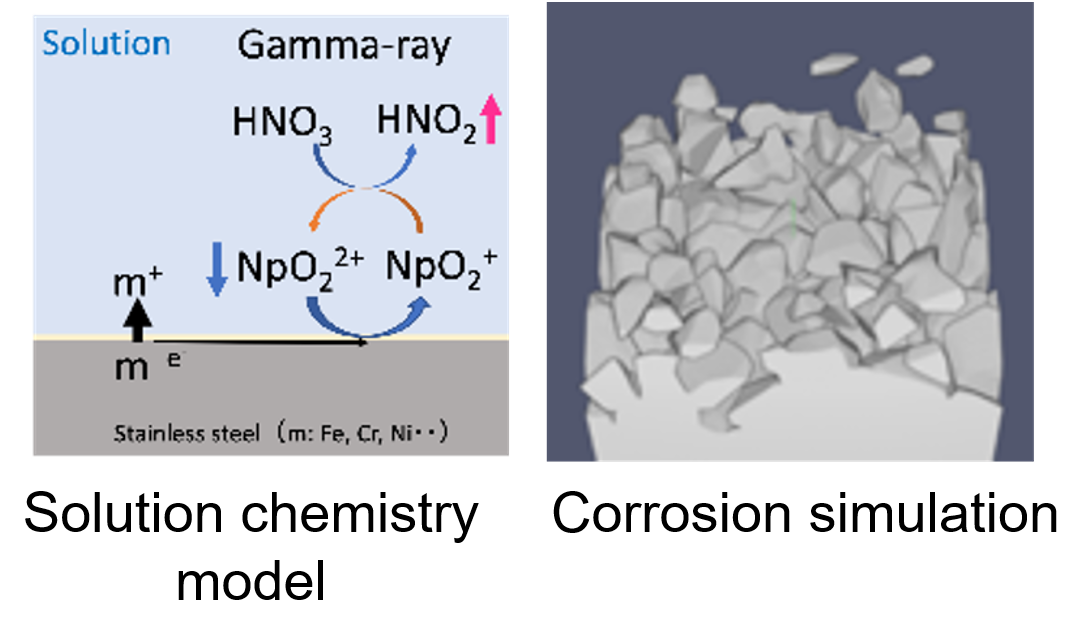
Kamiya’s Lab for Development of Ultra-high Vacuum Technology
Ultra-high vacuum is an essential technology for the advancement of various industrial and research equipment. We develope technology that utilises the getter effect of materials such as titanium to enable vacuum containers themselves to function as vacuum pumps. We are also developing functional materials for the inner surfaces of these containers. Our goal is to establish ultra-high vacuum technology that eliminates the need for conventional pumps, thereby achieving energy savings and space efficiency.
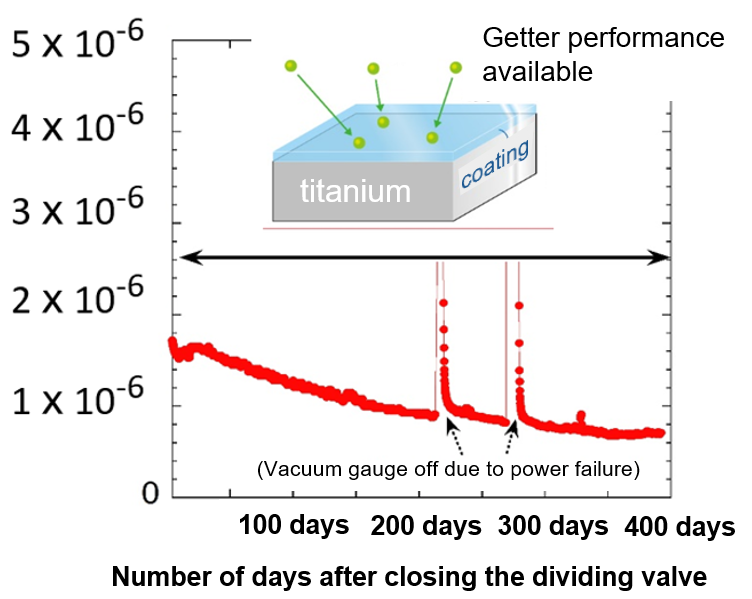
Yasuda's Lab for Development of Deuterium Separation Technology
Deuterium, a type of hydrogen, is an essential element in the manufacture of high-performance semiconductors, optical fibres, and other materials. However, since it is present only in trace amounts in natural hydrogen, technologies and devices for efficiently concentrating it are necessary. We aim to establish a technology that enables the low-cost, mass production of deuterium using polymer-based electrochemical devices.
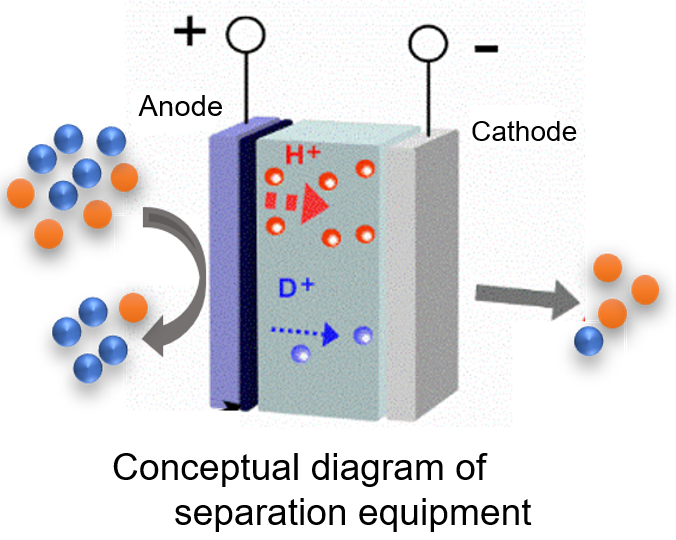
Sekine’s Lab for Development of Bioresource Technology
We aim to recycle and add value to biomass that is currently being discarded, while also creating and implementing new technologies that contribute to resource recycling and energy production. For example, one of our themes is the practical application of separation technology using bone-adhesive agents for separating Pb, Au, and other substances. We are also working to develop practical applications for cellulose-based bio-environmental sensors, separation agents, and catalyst materials.
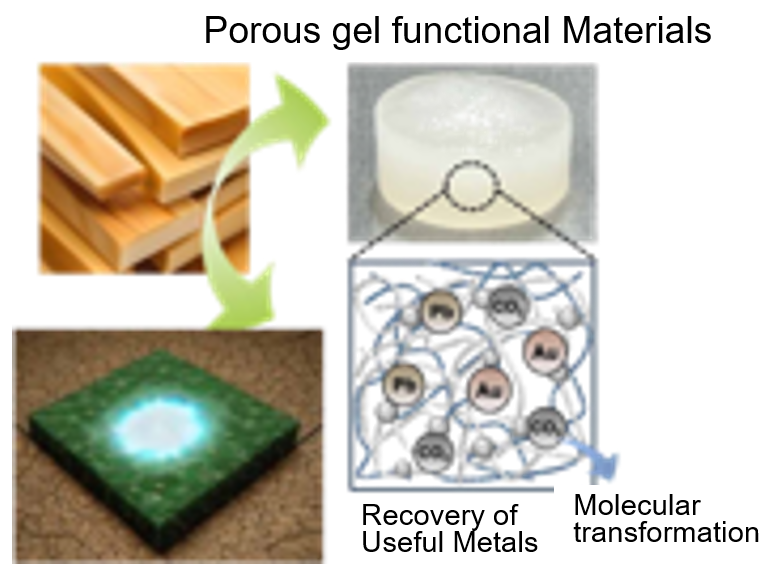
Honda’s Lab for Development of Future Clay Materials Research
We are advancing research on innovative thermoelectric materials utilising soil clay minerals. Focusing on the high ion adsorption properties of weathered biotite, which adsorbs radioactive cesium, we are exploring its potential as a new energy resource. We create thermoelectric materials by mixing clay minerals with alkali salts, undergoing a molten salt treatment, and then pressure moulding and sintering. We believe this approach enables thermoelectric power generation at lower costs compared to conventional rare-metal-based materials. We aim to achieve social implementation through demonstration tests, targeting mass production, device integration, and the utilisation of unused heat.
